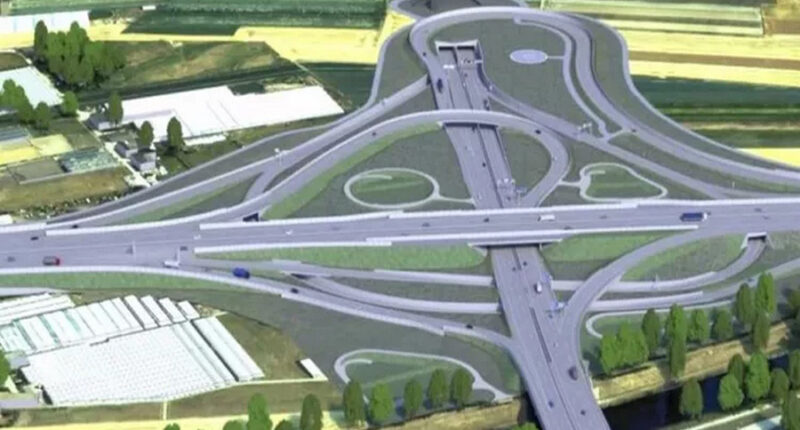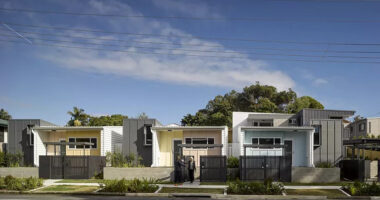In a global landscape where climate change looms large, governments grapple with balancing infrastructure development with environmental sustainability. While many regions continue to prioritize highway expansion, Austria stands out as a beacon of climate-conscious policymaking, opting to cancel major highway projects in the face of growing climate risks.
The Global Trend of Highway Expansion
Governments worldwide often champion highway expansion projects as drivers of economic growth and job creation. Examples abound, such as Illinois Governor JB Pritzker’s recent announcement of a highway expansion initiative aimed at bolstering safety and freight network reliability. Similarly, in Ontario, Canada, plans for highway construction persist despite environmental concerns and opposition from advocacy groups like Environmental Defence and the Ontario Green Party.
Austria’s Departure from the Norm
In stark contrast to this trend, Austria’s Green Party, a coalition partner in the government, has spearheaded efforts to cancel highway projects. Austrian Climate Protection Minister Leonore Gewessler emphasizes the imperative of confronting the climate crisis head-on, denouncing the environmental toll of unchecked highway expansion. She underscores the detrimental impact of increased traffic and carbon emissions, challenging the conventional wisdom that more roads equate to improved mobility.
Addressing the Carbon Footprint of Infrastructure
Gewessler’s stance is notable for its acknowledgment of the carbon footprint associated with infrastructure construction, including tunnels. Unlike conventional tunneling projects, which prioritize individual motorized transport, Gewessler advocates for a shift towards sustainable, public transit-centric mobility solutions. Her remarks reflect a broader recognition of the need for holistic, future-oriented transportation policies that prioritize environmental stewardship.
Vienna’s Transit-Centric Model
Vienna serves as a compelling example of a city that prioritizes public transit and sustainable mobility. With robust subway systems, extensive streetcar networks, and bike-friendly infrastructure, Vienna embodies a forward-thinking approach to urban transportation. Critics of proposed tunnel projects, like the Lobau tunnel, advocate for investments in public transit expansion over highway development, echoing calls for a paradigm shift in transportation policy.
Rethinking Infrastructure Development
The decision to cancel highway projects underscores the need for a fundamental reevaluation of infrastructure development paradigms. Rather than perpetuating car-centric planning and highway expansion, policymakers must prioritize investments in sustainable, transit-oriented infrastructure. As climate change intensifies, bold decisions like Austria’s serve as a testament to the urgency of rethinking traditional approaches to transportation and urban planning.









